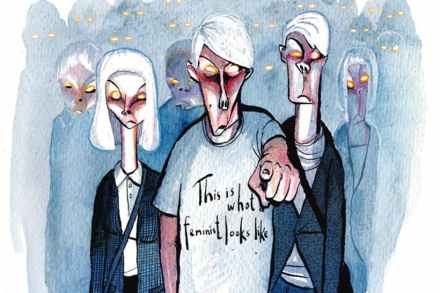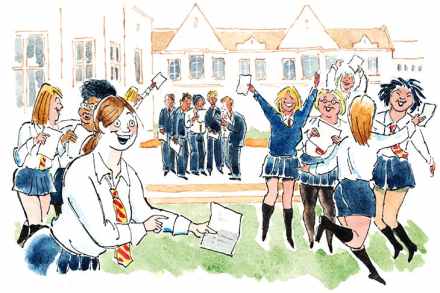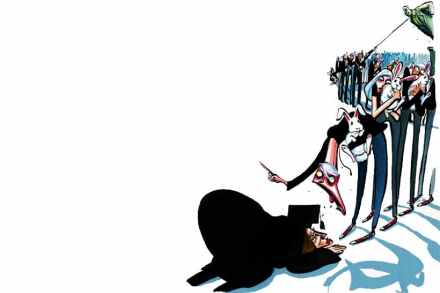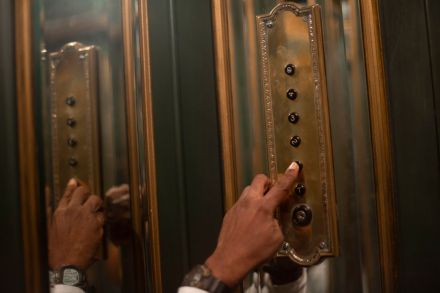What’s the truth about university grade inflation?
It’s a well-worn complaint that universities are dishing out firsts as never before. Today, a report by the Office for Students (OfS) confirms the true extent of ‘grade inflation’ at our universities: 124 of the 148 higher-education providers they assessed in England show ‘a statistically significant unexplained increase’ in the proportion of firsts and 2.1s awarded, compared with figures in 2010-11. Between 2011 and 2017, the average percentage of firsts and 2.1 degrees rose from 67 per cent to 78 per cent. The figures uniformly document the same upwards trend. Among the most striking cases of ‘inflation’ were the universities of Bradford (a rise from 48 per cent to 76 per cent), Huddersfield



















